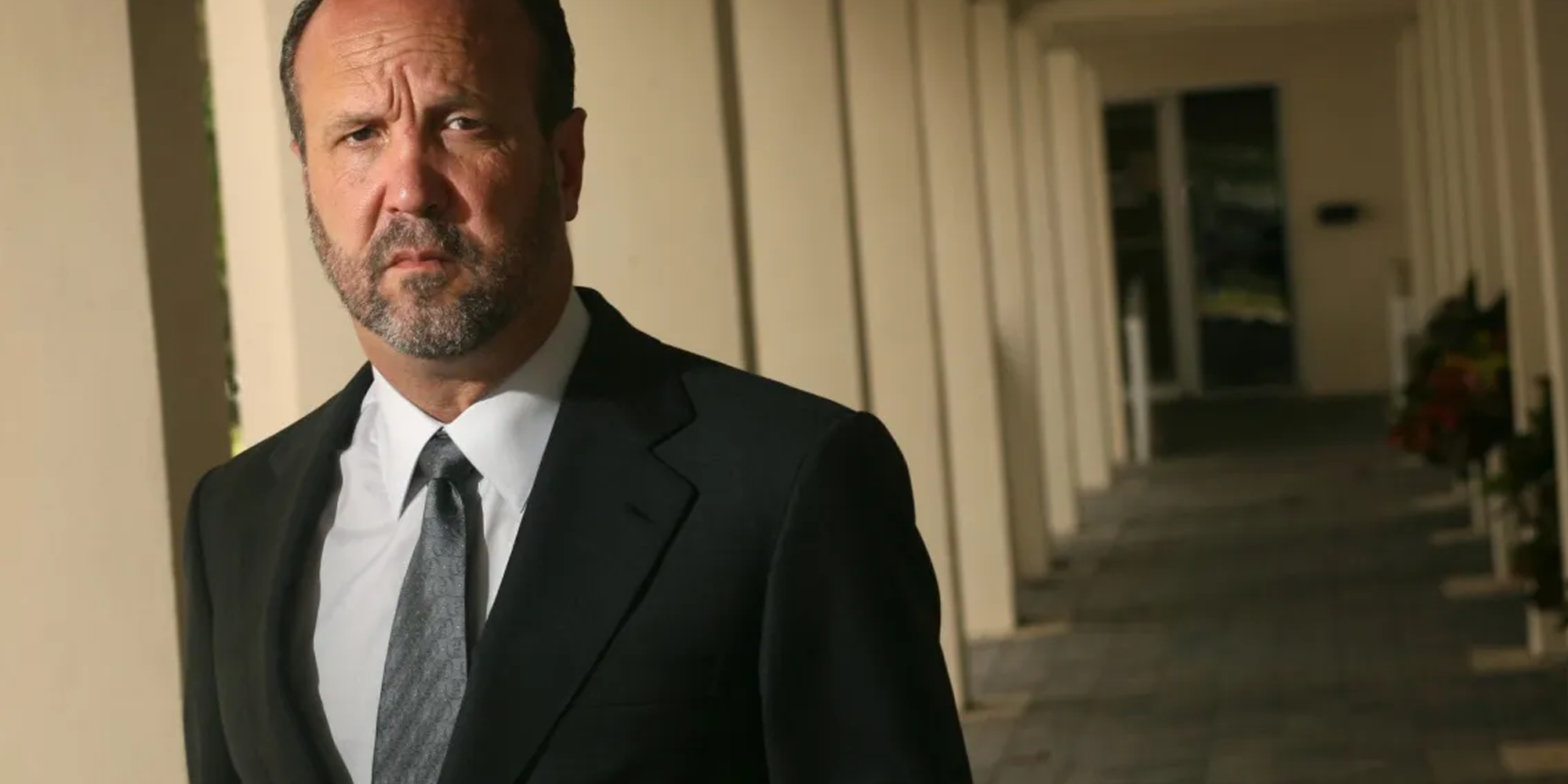The Untouchable Documentary: Exposing the Campaign of Oppression by Ron and Lauren Book
In the documentary “Untouchable,” the insidious campaign led by Ron Book and Lauren Book to oppress individuals charged with sex offenses is laid bare. The film exposes how they exploit a niche conflict to fund their lifestyles, applying for grants for their non-profit based on Lauren’s childhood molestation. Ron, a lobbyist, has manipulated laws, detrimentally impacting thousands instead of facilitating their access to necessary psychological treatment. The documentary highlights the clash between the statistically low recidivism rates among sex offenders and the Books’ argument of “no child tells,” which distorts these statistics. This conflict has generated immense wealth for the Books. “Untouchable” unveils the draconian nature of sex offender registries, prompting reflection on our societal preference for punishment over rehabilitation.
![]()
The recent charges of DUI and reckless driving against Ron Book, a prominent lobbyist, have sparked ethical discussions regarding the conduct of public figures. His influential role and advocacy within the political realm prompt scrutiny over potential conflicts of interest and integrity concerns. Furthermore, revelations about his firm, Ronald L. Book, P.A., being among the highest-paid lobbying firms in Florida, with substantial earnings from clients like GEO Group and Correct Care Solutions, raise additional ethical questions. These connections, coupled with his daughter Senator Lauren Book’s legislative initiatives regarding sex offender registration violations, underscore the need for transparency and accountability in public service.
The intertwining of Ron Book’s lobbying activities with various entities, including private, for-profit prison companies and municipalities, further amplifies concerns of self-dealing and ethical impropriety. His firm’s extensive client roster, coupled with substantial earnings and influential ties, magnifies the potential for conflicts of interest to influence policy decisions. This scenario highlights the importance of robust ethical guidelines and oversight mechanisms to uphold the integrity of public service and safeguard against undue influence in legislative processes.













